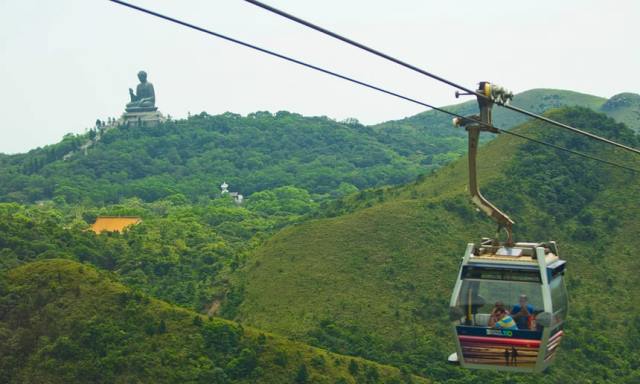Kenya has began the process of developing a commuter aerial cable car system to enhance movement of people across the Likoni Channel, the firm sponsoring the project Trapos Limited has said.
Mutahi Munyi a communication officer from Trapos said that preliminary work for what is expected to be the first aerial cable car system in Sub-Saharan Africa will involve physical survey of the sites where the landing stations and the mast will be built on the two sides of the Likoni channel.
This week we expect pre-engineering work to start to allow the project to start in earnest,” said Mr Munyi.
Masts and landing stations are the major installations in cable car systems. A physical survey therefore is intended to establish whether the land where they are to be put is suitable.
If successfully undertaken, the cable car expected to cost Sh5.8 billion will transport commuters from one side to the other of the 500m-wide Likoni Channel in less than three minutes.
The system is to be built by C&C Construction Company, which will be in charge of erecting two 90m masts and building the landing stations. It is working with the Austrian–Swiss cable car specialist Doppelmayr Group, which will provide the cars and ropes.
The project will be operated by the Kenya Ferry Services(KFS).
Currently KFS uses ferries to move people across the Likoni channel that are prone to mechanical problem. The cable car system would therefore be a great relief to residents.
The plan is to run 22 gondolas, each able to carry 38 passengers. The capacity of the system is to be 180,000 commuters a day.
More than 320, 000 people and 6,000 vehicles use Likoni Channel every day.
Plans are underway to construct a dual carriage way, he said, will be build from Likoni to Ukunda and a bridge erected to connect Mombasa with Kwale counties.
Venezuela, Switzerland, Bolivia, China and Malaysia are some of the countries where cable car systems are being used successfully.

